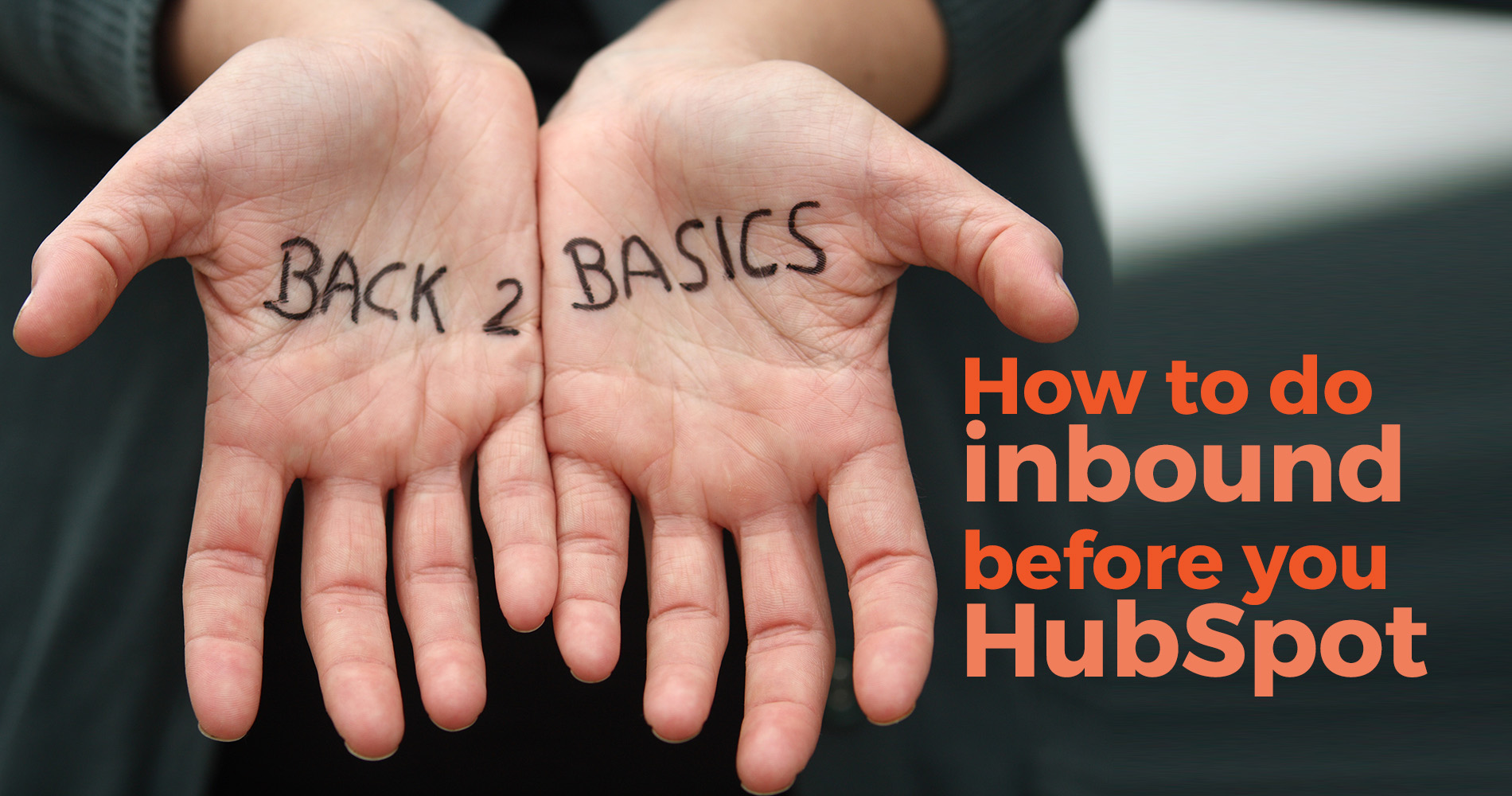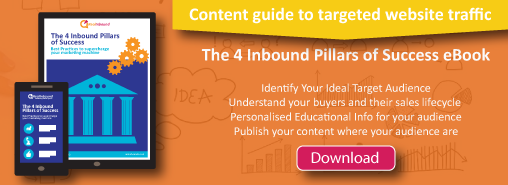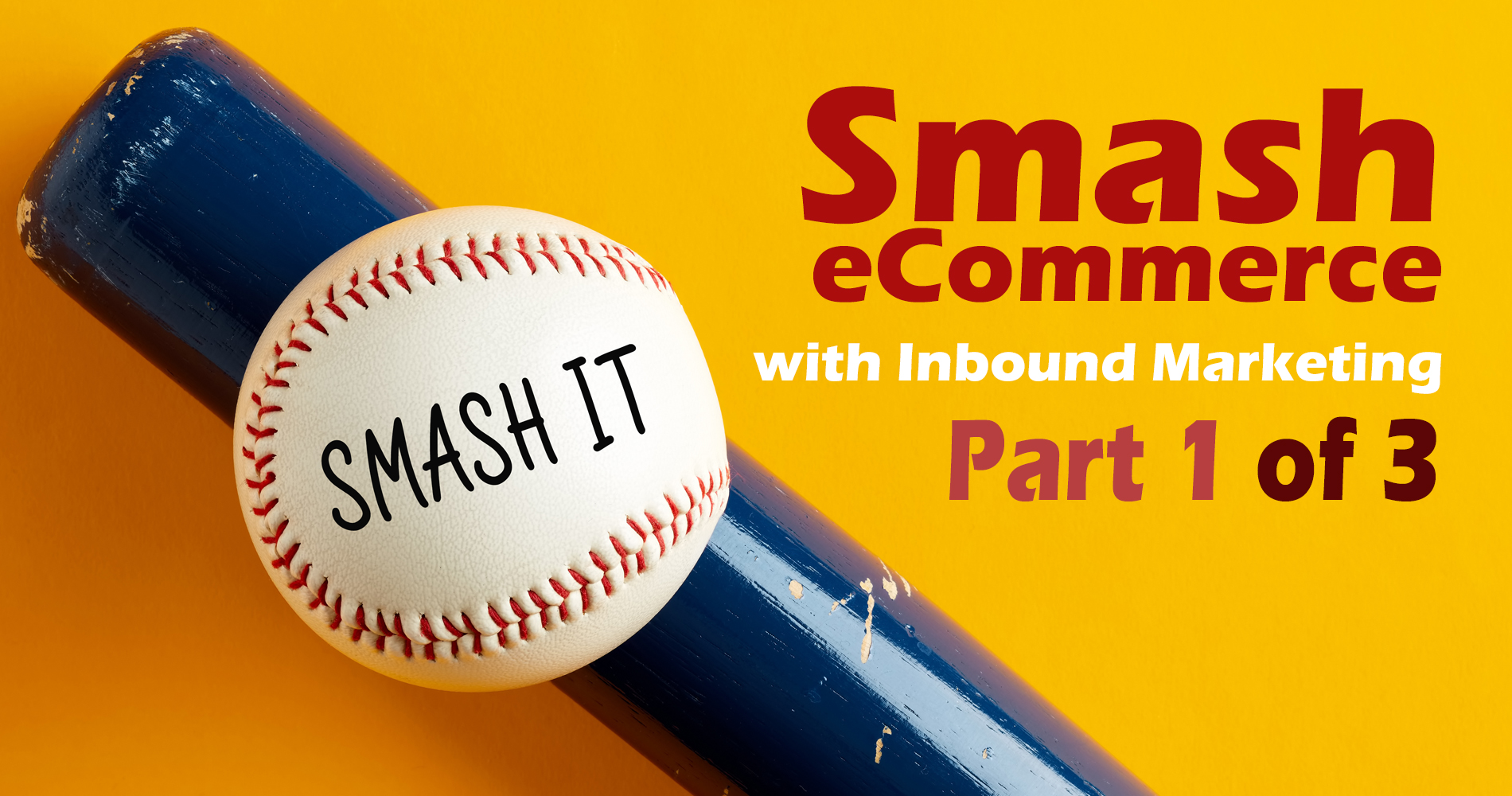Inbound marketers know how complexities can come into play throughout the entire inbound process. An inbound marketer has to be much more than a handyman with a variety of skills. Content writing, SEO, social media, website design, conversion rate optimisation, pay-per-click, email marketing, and many more are required instead.
So you've decided to go inbound: great decision. However, The transition can seem overwhelming if you are not properly prepared. It takes effort, planning, and research to succeed in inbound marketing.
But don't worry, we'll guide you through the process before you sign. We have outlined our main recommendations regarding inbound marketing.
Getting started with inbound marketing
The goal of inbound marketing is to produce valuable content that speaks to your target audience's needs and encourages enduring customer loyalty.
Your inbound marketing strategy should provide your target audience with the solutions they want. There are a variety of solutions that can be provided across all your different platforms, designed to connect with buyers at different stages of their buying cycle.
Your team and you should study and learn the key concepts and methods behind the inbound methodology. Methodologically, SEO, PPC, social media, and content marketing can be implemented in many ways.
You may like to check out this article: What's The Difference: Inbound Marketing V SEO
Just a quick reminder...
Inbound marketing encourages potential customers to establish trust by providing them with useful content, which increases their likelihood of doing business with you. If you have videos, blogs, downloads, and infographics on your site, you'll become a prospect's favourite.
Depending on where a prospect is in the buyer's journey, you can determine how likely they are to buy from you.
The buyer’s journey
As a prospect approaches a purchase, the buyer's journey outlines the specific actions he or she takes. Using technology and research to inform purchasing decisions describes how people make purchases today more accurately.
There are three stages in the decision-making process: Awareness, Consideration, and Decision.
Last but not least, there is the stage of delight. When you follow up with prospects after they make a purchase, they are further 'delighted' by more information and excellent service.
Buyer personas
Inbound marketing begins with buyer personas. Your ideal customers will be more responsive to messaging targeted to their needs, communication style, as well as their motivations.
Personas are created based on market research, customer interviews, and surveys. They help you tailor your content to the right audience. You can use them to represent demographics, job roles, or demands, depending on their purpose.
It will be impossible for you to generate relevant content without establishing a persona. This can give the impression that your content is unprofessional and generic. For example, NASA can't launch rockets without a general plan. When you tailor your content for a specific audience, you avoid this meandering, which could negatively affect your success.
The first step in inbound marketing is to create relevant, actionable, and well-researched buyer personas.
This article gets a lot of interest: What’s The Right Number of Buyer Personas for Inbound Marketing?
Check out your site and social media
Your audience will depend on these two parts to interact with your content, so it's important to keep both in good shape. It may be necessary to smooth out a few kinks in your website to survive in the world of inbound marketing.
Consider these key factors:
- Do you have a user-friendly website?
- Are you blogging regularly?
- What kind of information is available on your site?
How visually appealing are the pages? Do they seem cluttered?
A search engine optimisation-friendly website is essential to your business's success. A website that ends up on page 40 of Google won't achieve great results.
Audit your site to determine if it has an identifiable and strong brand voice now. When creating content, it's helpful to develop some brand and tone of voice guidelines for the whole team.
Consider your social media presence in the same way. Which social media sites do you use? What is your posting frequency? Participate in conversations about your industry and services as often as possible. Engaging people is as easy as reaching out to them or posting about things related to your field.
Investing in a CRM like HubSpot isn't possible without taking stock of your website and social media. HubSpot will help you determine how to use it best when you establish an authoritative presence. You will learn the following:
- Is everything going well?
- How it can be improved.
- What needs to be rebuilt from the ground up.
Set KPIs
A KPI is incredibly important when it comes to inbound marketing. Benchmarks help you gauge your success. Utilise this list of performance indicators to target your campaigns where they are most needed.
KPIs could include, for instance, the following variables:
- Click-through rate.
- Rich snippet possibilities.
- CTA conversion rate.
- Efficacy of landing pages.
- Website bounce rate.
- ROI analysis of specific actions.
HubSpot makes tracking each of these KPIs easy. To achieve your goals, you must be realistic and methodical.
Here are some tools to consider
Investing in top-quality software and online services will make you more efficient and effective at creating and distributing content. Could HubSpot's CRM be enhanced by using other tools?
SEMrush
The SEO expertise of SEMrush is undeniable. This tool allows you to research keywords, track your competitors' keywords, run SEO audits of your content, and find backlinking opportunities.
SEMrush helps you target relevant searches and industry niches based on keyword research. Additionally, you can enhance your site's relevance to potential customers by identifying new unique keywords.
Moz
The Moz SEO suite will have you up and running within minutes. They strive to increase your website's organic traffic.
The Moz tool allows you to analyse your audience and better understand how they discover your business. You can monitor how specific campaigns are affecting your ranking.
Effective inbound marketing begins with an SEO-friendly website.
Grammarly
It is all about offering good quality content to educate and assist your audience. Therefore, your content should be flawless. Grammatically correct means no spelling errors, punctuation errors, syntax errors, or anything else that might be wrong.
Grammarly is a free browser extension that you can install. The program detects grammatical, syntax, and tone errors. The program suggests improvements based on its detections. This software allows you to easily publish your content; content marketers will love it.
The concept of inbound marketing appeals to you, and you're interested in trying it out. What should you consider before purchasing HubSpot, so what should you do next?
You may find this of use: Typical SEO Gaffs and How to Eliminate Them
Future-proof your inbound strategies
There are indisputable benefits to switching from traditional, outbound-dominated marketing programs to inbound-dominated strategies. Inbound marketing yields more leads, at lower costs, generated by a completely scalable strategy, the sooner you put this plan into action.
At Real Inbound, Our passion for inbound marketing keeps us on top of the latest trends. Contact us to enhance your inbound marketing and transform your organisation into a thought leader.







